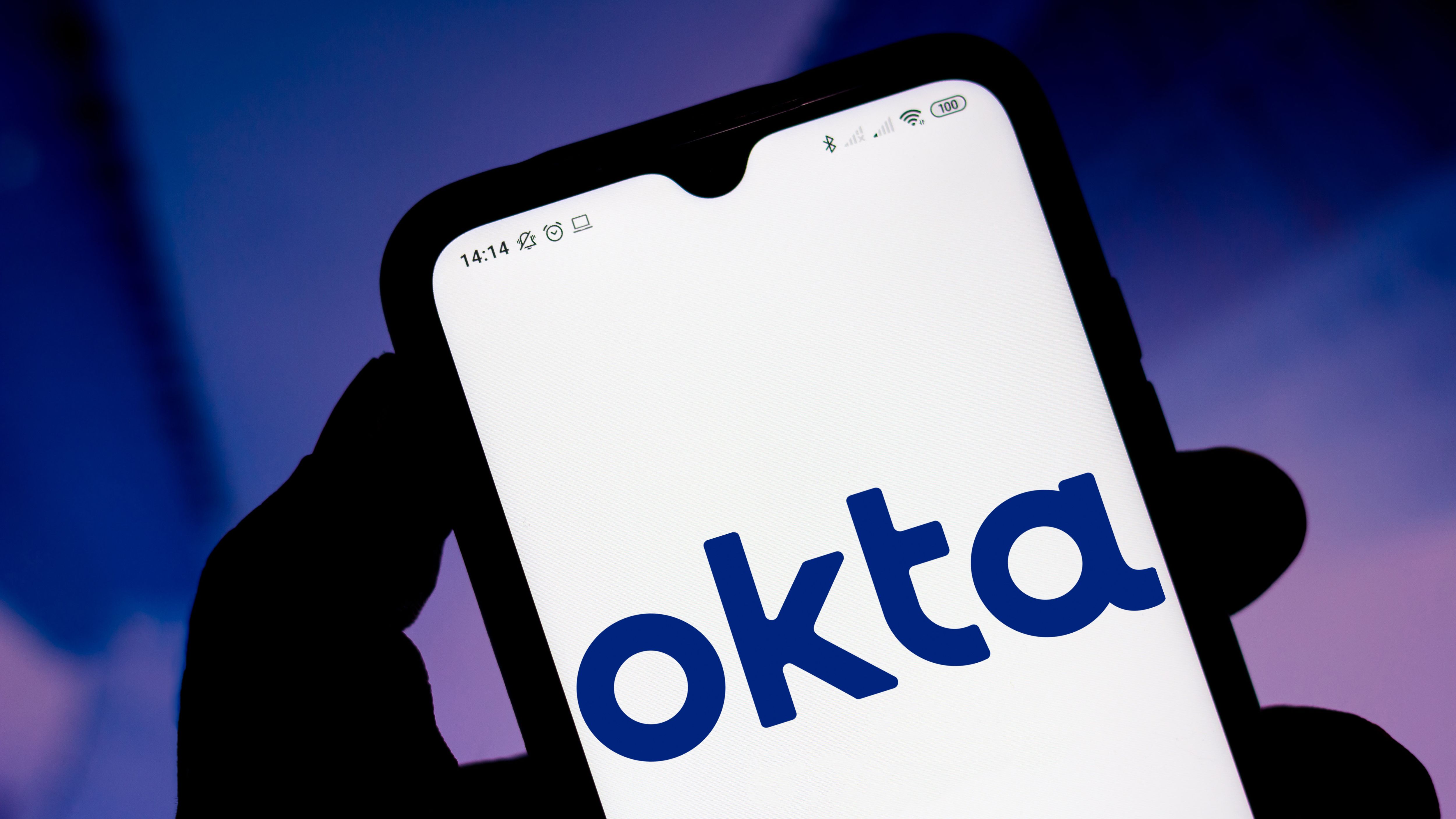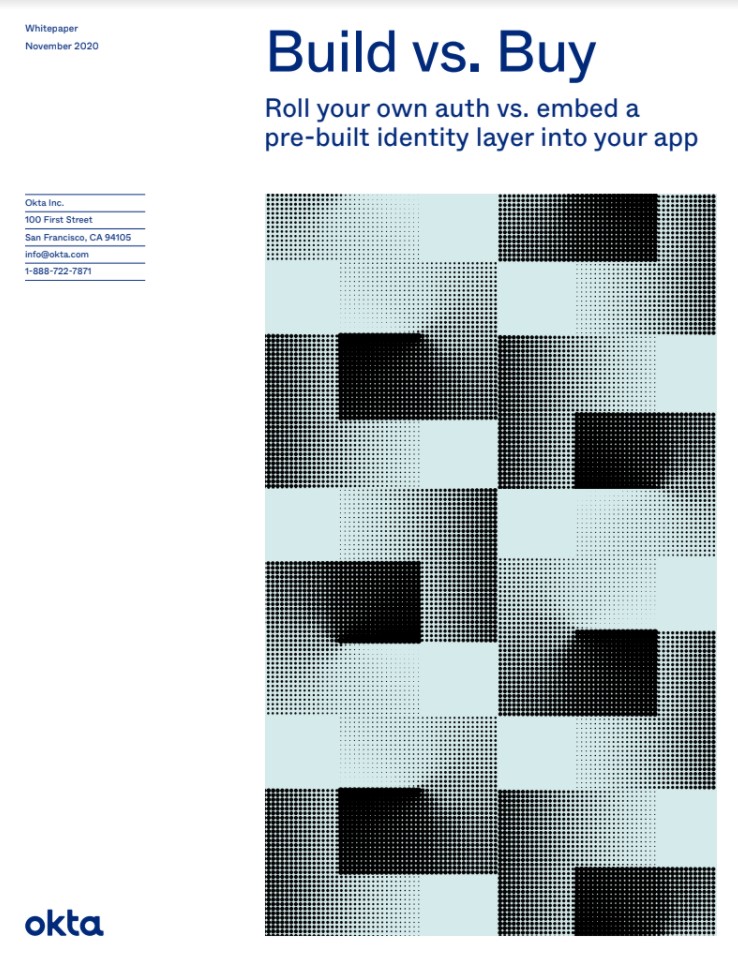Okta reveals full extent of LAPSUS$ breach as hackers announce hiatus
Okta's CSO expressed regret over the company's handling of the situation, namely the lengthy delay between identifying the security incident and notifying its customers


Okta’s chief security officer (CSO) has published an extensive update detailing the LASPUS$ cyber attack on the company and revealed around 2.5% of its customers were affected by the attack.
The screenshots shared by LAPSUS$ inside Okta’s back-end were taken from a support engineer’s computer to which the threat actors gained access via remote desktop protocol (RDP). Okta confidently believes its own systems were not breached as part of the attack, said David Bradbury CSO at Okta.
After analysing the logs, Bradbury said LAPSUS$ would have had access to the support engineer’s computer for a period of five days between 16-21 January 2022.
The support engineer in question worked for a third-party company called Sitel, Bradbury said, which provides contract workers to Okta for customer support services.
“The scenario here is analogous to walking away from your computer at a coffee shop, whereby a stranger has, virtually in this case, sat down at your machine and is using the mouse and keyboard,” Bradbury said.
“So, while the attacker never gained access to the Okta service via account takeover, a machine that was logged into Okta was compromised and they were able to obtain screenshots and control the machine through the RDP session.”
This explanation of how access was achieved aligns with messages that LAPSUS$ had previously posted on its Telegram channel, offering monetary payment to employees at technology companies for remote access to their systems.
Get the ITPro daily newsletter
Sign up today and you will receive a free copy of our Future Focus 2025 report - the leading guidance on AI, cybersecurity and other IT challenges as per 700+ senior executives
Okta also said the level of access granted to the compromised support engineer was “limited” since they only had basic duties handling support queries.
The breadth of the role explained why they had access to so many different enterprise applications like Slack and RingCentral, but the superuser application pictured in Tuesday's LAPSUS$ leak is an in-house application used by support staff to handle most queries. It shouldn’t be confused with administrator or super-user level of access to Okta’s organisation.
Shortly after Okta released its detailed summary of events, LASPUS$ took to its Telegram channel to dispute a number of the claims made by Okta, including the “limited” level of access afforded to the support engineer.
LAPSUS$ specifically mentioned the level of access support engineers had to the enterprise’s Slack channels was “excessive”. The group claimed that support engineers could join any one of the 8,600 Slack channels across the company, adding they saw AWS keys stored in some of these channels.
The threat actor also contended Okta’s claim that LAPSUS$ only had access to a single laptop, saying that if it was the case then Okta would have published a list of suspicious IP addresses.
RELATED RESOURCE

Build vs. buy: Roll your own auth vs. a pre-built identity layer
Challenges of identity and access management
Before declaring a hiatus from activity for the foreseeable future, the group finally said that if Okta hired an outside cyber security company to perform an analysis of the event logs and publish that third-party report, the results “would be very different” to those of Okta.
Bradbury expressed his regret over Okta not notifying customers sooner about the breach. According to the broken down timeline of events he provided in a blog post, Okta first became aware of a new multi-factor authentication (MFA) actor was added to a Sitel staffer’s account from a new location on 20 January 2022, which was then escalated to a security incident.
After terminating the MFA account used by LAPSUS$, Sitel retained an outside forensic company to investigate the incident from Sitel’s side. The investigation concluded and Okta received the final report on 17 March 2022, five days before LAPSUS$ went public with details of the breach.
“Upon reflection, once we received the Sitel summary report we should have moved more swiftly to understand its implications,” said Bradbury.
“As with all security incidents there are many opportunities for us to improve our processes and our communications,” he added. “I’m confident that we are moving in the right direction and this incident will only serve to strengthen our commitment to security.”

Connor Jones has been at the forefront of global cyber security news coverage for the past few years, breaking developments on major stories such as LockBit’s ransomware attack on Royal Mail International, and many others. He has also made sporadic appearances on the ITPro Podcast discussing topics from home desk setups all the way to hacking systems using prosthetic limbs. He has a master’s degree in Magazine Journalism from the University of Sheffield, and has previously written for the likes of Red Bull Esports and UNILAD tech during his career that started in 2015.
-
 The rise of identity-based cyber attacks and how to mitigate them
The rise of identity-based cyber attacks and how to mitigate themIn-depth If identity-based cyber attacks are successful, they can give hackers the opportunity to infiltrate an entire network
By Sandra Vogel
-
 2022 Public Sector Identity Index Report
2022 Public Sector Identity Index ReportWhitepaper UK Report
By ITPro
-
 Modernising identity for a secure, agile hybrid workforce
Modernising identity for a secure, agile hybrid workforceWhitepaper Pave the way towards a modern, secure, efficient, and sustainable hybrid workplac
By ITPro
-
 Business customer identity for SaaS apps - simplified
Business customer identity for SaaS apps - simplifiedWhitepaper Accelerate business growth with a scalable enterprise identity solution purpose-built for SaaS apps
By ITPro
-
 A comprehensive guide for your Customer Identity Maturity journey
A comprehensive guide for your Customer Identity Maturity journeyWhitepaper A flexible approach to help any company advance its identity posture
By ITPro
-
 The Okta hybrid work report 2023
The Okta hybrid work report 2023Whitepaper How European leaders are building long-term strategies for hybrid working
By ITPro
-
 Anatomy of identity-based attacks
Anatomy of identity-based attacksWhitepaper Helping security teams mitigate identity-based attacks
By ITPro
-
 SolarWinds hackers strike again with a new “MagicWeb” authentication exploit
SolarWinds hackers strike again with a new “MagicWeb” authentication exploitNews Microsoft warns MagicWeb can abuse admin credentials to hijack AD FS enterprise identity system
By Praharsha Anand

